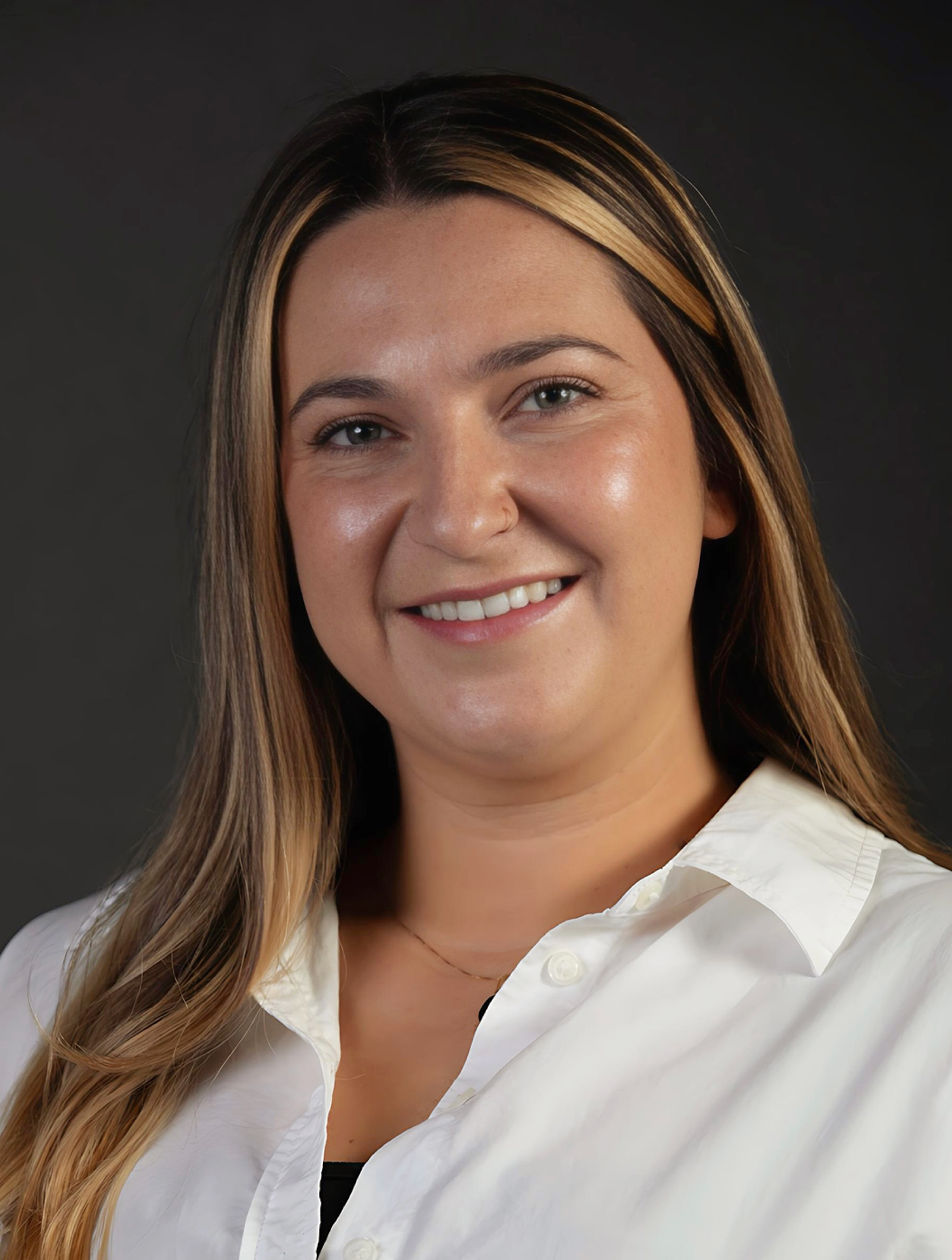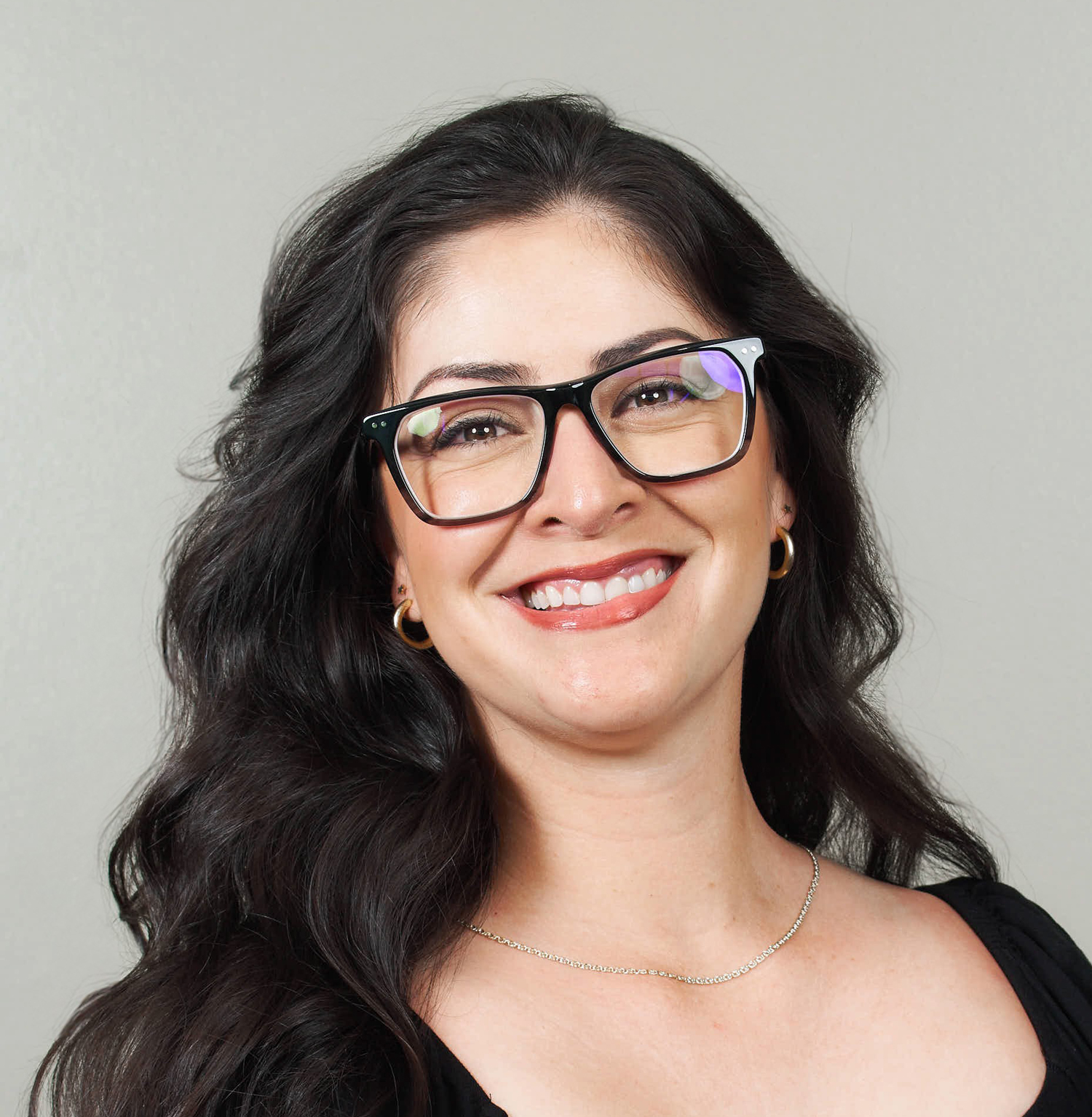Ready to tackle the narrative sections of your UC application? Students often have a lot of questions about the best way to approach them. We’ve got answers — and they come directly from UC admissions staff.
One thing they all agree on: Allow yourself plenty of time to fill out the application. The Personal Insight Questions, or PIQs, and even the Activities & Awards list are your chance to show who you are beyond your grades and let your story shine.
Our panel: Robert Penman leads undergraduate admissions for UC Davis and previously worked in the admissions departments at UC Berkeley and UC Riverside. Melissa Chávez and Jayne Reimel work in UC’s central undergraduate admissions office, which sets policies across the UC system. They both formerly worked in the admissions department at UC Santa Barbara. To round out their UC creds, all three are alums, with degrees from UC Riverside, UCLA and UC Santa Barbara, respectively.
Jump to each section using the links below.
Activities & Awards
Personal Insight Questions (PIQs)
Additional Comments
Red Flags
Using AI
Want even more info? We’ve also got in-depth info on how UC reviews applications, including how things like GPA and financial aid are considered (or not) in the admissions process, and a roundup of helpful application and financial aid resources.
Activities & Awards
There are 20 slots in the Activities & Awards section. Do I need to fill them all?
How important is community service?
A lot of times students will ask me, well, if I do this, is this more valuable than that? And I always tell them, don’t try to fit into the box that you think I want you to fit into. Make your own box. The best piece of advice I can possibly give to any student who is considering applying to college is to really forge your own way. Do what’s important to you, what drives you, what gets you excited, because it’s going to show throughout your application more than just trying to check off a box.
Personal Insight Questions (PIQs)
What are the Personal Insight Questions? Are they the same as college essays?
MC: There are many things that differentiate UC from other colleges and universities, and the PIQs are one of them. They are not essays. We’re not expecting an intro, body and conclusion. They don’t need to entertain the reader or be written in a voice that the student thinks we want to hear. We really want students to give us the details and the context of their story and how it connects to their educational journey, their goals, their aspirations. We are trying to get to know you as a student, your experiences and what you could potentially contribute to the University of California.
RP: The Personal Insight Questions are really meant to be like an interview, like a conversation with the person reading your application. There are 350 words allowed for each response, so they’re quite short. What we’re looking for here is to get to know the student a little bit better, to understand what makes them tick, what they’re passionate about, any kind of challenges they might’ve had and overcome, any kind of opportunities they might’ve taken advantage of.
One thing about the University of California application is that it is very student-driven. There are no counselor recommendations. There are no teacher recommendations. There are no interviews for most programs. We’re not going to know anything about you unless you tell us, and this is the space to tell us about you and who you are.
Do you prefer certain PIQs over others? You choose to respond to four of the eight PIQs, but is there one PIQ you should be sure to answer?
RP: We have no preference, and in fact, when you look at the response rate to each question, they’re fairly even across all eight questions.
I think the best way to choose which questions to respond to is to start with an activity where you think about what you want me as the person reading your application to know about you and do a little brainstorm exercise. For instance, I want this person to know that I’m a creative individual and I like to solve problems, that I’m really interested in this topic, and that I’ve got this particular leadership experience that was really transformative in my life. You might want me to know those four things, and you can fit those into any PIQs you want to, right? That’s the beauty of the Personal Insight Questions. You can talk about leadership in the creativity response. You can talk about creativity in the greatest talent or skill response. You can talk about your wildest hopes and dreams academically in the leadership section if you want to.
So flip that question around. Think first about what you want me to know, and then work your way into the PIQs.
MC: We don’t ever want a student to pick a question and feel like they’re pulling at strings to give us content. We want them to pick the questions where they’re able to tell their story, show us who they are as a person, what they’ve learned, what they’ve accomplished and what their history says about them — the information we need to say, yes, this student would be a great contributor to this community.
What topics do admissions readers want to hear about the most in the PIQs?
RP: Don’t worry about what you think I want to hear. All I want to hear about is you, and I really do mean it. I want to hear about your life and your aspirations and what you want to study and why, and how you might be a creative person or how you might’ve made your community better. I want to hear about the things that matter to you.
JR: Sometimes students get so torn up with, “Oh, the readers don’t want to hear about this,” or “they want to hear about that.” As Robert said, don’t worry about what you think the reader is thinking. What we really want is for you to tell us about you and your experiences and give us more depth and detail than can be found in the rest of your application.
Some students feel like they have to talk about an obstacle or hardship, so they write about things that are so far in the past, they are no longer relevant to their current experience. Unless you’re able to connect a challenge to the present moment, it doesn’t really gain you much in the review. You can absolutely talk about a hardship, but we want to hear you reflect on how it has impacted you and why it’s important to who you are now.
MC: There can also be a perception that you should stay away from a “cliché” topic that many other students might also be writing about, for instance your experience in sports. That’s not accurate. Yes, an activity may be a common one, but that doesn’t make a student’s experience and what they’ve taken away from it any less important. Don’t shy away from topics because other students may also be talking about them. Just make sure you are reflecting on your individual experience.
Is there a standard formula for writing your PIQ responses?
RP: There’s no formula. I think the most effective responses are just direct and treated as if we were just having a conversation. They’re very short responses. So, you’ve got to get to the point really quickly and focus on what’s most insightful about who you are and cut out a bunch of the rest.
Should I use a hook?
MC: We don’t need students to hook us. We promise we’re going to read what you’re sharing with us, and the reader is going to give their full attention to what you write. Sometimes when you try to get that hook or set the scene, you waste precious space that you could use to tell us more about yourself.
JR: The PIQs are so short. You don’t want to waste your words on fluff.
Do you need to write about your major in your answers to the questions?
RP: You’re never required to talk about your academics, but certainly it’s not going to hurt you. If you know what you want to major in, you can talk about it in your application. But please don’t feel you need to connect everything you write back to your major.
Also, connecting your responses back to academics doesn’t require you to have a major in mind. I really appreciate students who don’t necessarily know what major they want to study but have some varied areas of interest they’d like to explore. I love reading about that because it shows an inquisitive nature. It shows that students are willing to step outside what they know at this point in time and leverage the resources of the university to discover what is most interesting to them.
JR: Talking about your major may come into play for very selective programs like Engineering, where a reader may want to see a connection between your academics or extracurriculars and your intended major. But this isn’t necessarily always the case, and you won’t be penalized if you are passionate about other things beyond a particular academic subject.
And remember, you don’t have to choose the same major at every UC campus. You might want to do Anthropology at UC Davis but Theater at UC Santa Barbara. In a case like that, you’ll have to think a little more about how to talk about your interests, since there is just one shared application.
Additional Comments
What is the Additional Comments section for?
RP: The Additional Comments field in the PIQ section can be very helpful for providing more context about your home or school environment that we won’t learn about in other portions of the application. You can use it for anything you want to, as long as it’s not another Personal Insight Question response.
I think it’s good advice for any student to step back and look at their application and think, are there any spaces where the person reading my application might still have questions about who I am, my history, my academic record or my interests? Take that 30,000-foot look at your application and see if you can use the Additional Comments section to answer any questions. For instance, if you had a part-time job or a health issue that played a role in your academic history, or if you had gaps in your education, we absolutely want to know about it.
There is another, shorter Additional Comments section in the Academic History portion of the application. Maybe your school uses a different grading scale or limits the number of advanced courses you can take — that’s a good place to tell us things like that.
The Additional Comments sections are completely optional, but I do think they can be underutilized as an opportunity to really help us understand more about your life and your school.
JR: If there is a reason for a low grade or something unusual in your coursework or grades, Additional Comments is the perfect place to explain and give the reader additional context to consider. Give information, not excuses. You can also use it to tell the reader anything unusual about your school or your community that they wouldn’t know otherwise. Remember, the reader isn’t going to know the ins and outs of your school like you do, so don’t shy away from sharing those contextual details!
Red Flags
Is there anything that would be a red flag in an application? Are there topics you should stay away from in your PIQs and activities list?
RP: Students write about all kinds of things that are important to them. On our campus, we are trying very hard to build a group of students who come from every corner of California, every corner of the country and every corner of the world. By virtue of that, we’re going to have students with a wide range of life experiences and interests, students on the right and the left and everywhere in between. We believe that creates a wonderful atmosphere for discovery and engagement that really enriches the academic experience. There’s really not much that a student could talk about that would be an absolute deal breaker for us.
I don’t know that there’s such a thing as a red flag in an application other than a falsification. Lying about your academic record is a red flag. Plagiarism is a red flag. Those things will absolutely keep you out. Outside of that, when you’re talking about the narrative pieces of the application, we consider everything on your application as added value or neutral. There’s nothing you can say about mental health or family circumstances or school challenges or things that are important to you that will ding you or cause you to not be admitted.
That said, we do run your applications through plagiarism detection software, and if we find plagiarism, that’s a problem. We take academic integrity very, very seriously. So, falsification in the application, including omission of information like poor grades, is a deal breaker. We will absolutely withdraw your admission if we discover it through the process.
Using AI
Is there a rule against students using AI on the application?
RP: Look, students have been getting assistance on Personal Insight Question responses and college essays for years, but they’ve had to pay for it from a private college counselor or get it from a teacher or a parent. So, getting assistance on your PIQ responses is not a bad thing, and AI is a tool that you can use to do that.
I will caution you though in two ways. First, whatever you ultimately submit better be your own creation. At the end of your application, you sign a statement of academic integrity that affirms that everything you’ve put into this piece is your work and your work only. We take that very seriously, and every single UC faculty member you ever come into contact with is going to caution you in that same exact way that copying and pasting or using sources without citing them is plagiarism and you will be dismissed.
We do run the PIQ responses through plagiarism detection software. So, copying from your friends, copying from your older sibling who applied to UC or using AI-generated text that pulls from other sources online — we’ll catch those things.
Number two, the Personal Insight Questions are really about you and your experiences. We’re trying to hear your voice. Without you providing all of the detail to an AI tool, it’s not going to be a very good response. By the time you’ve provided all that input, you might as well have just written it yourself because you’ve basically done all the hard work already. That said, an AI tool can help you with structure and readability, but use it with caution.
JR: Remember that ChatGPT might put together 350 words that sound good, but if they are not relevant to you or don’t communicate anything of depth about you, ultimately it’s not helpful. Your writing needs to reflect your own experiences, in your own words. You’re the one who can tell your story best, and that’s what we want to hear.





